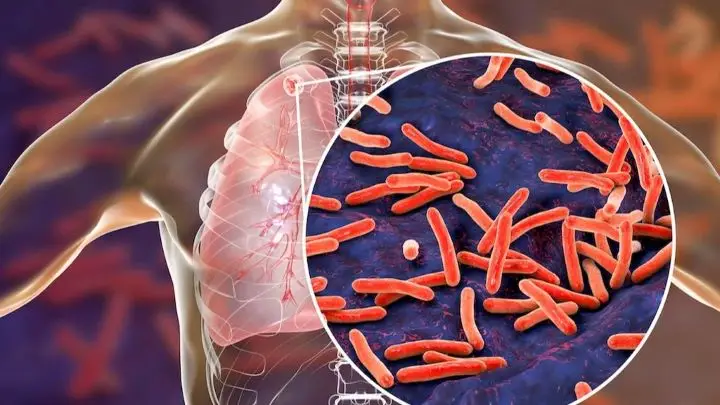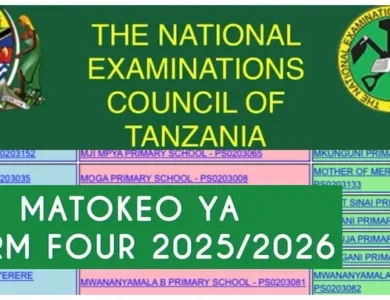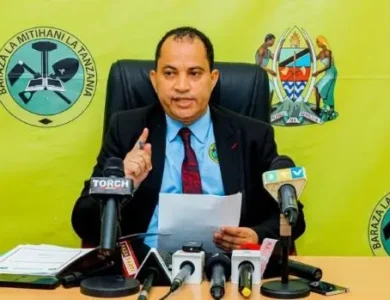WHO Sounds Alarm on Growing TB Crisis Amid Service Disruptions

WHO Calls for Urgent Action to Combat Tuberculosis (TB)
The World Health Organization (WHO) has warned of a significant setback in the fight against tuberculosis (TB) due to disruptions in TB prevention and treatment services, threatening millions of lives worldwide.
WHO Director-General Dr. Tedros Adhanom Ghebreyesus made this call on Thursday, ahead of World Tuberculosis Day on March 24. He emphasized that funding cuts and rising drug resistance could reverse the progress achieved in battling TB over the past two decades.
Dr. Tedros stated that recent funding cuts have already affected access to crucial TB prevention, screening, and treatment services. He added that abandoning the commitments made by world leaders at the United Nations General Assembly to accelerate TB eradication efforts would be unfortunate.
“WHO is committed to working with donors, partners, and affected countries to mitigate the impact of funding cuts,” said Dr. Tedros.
WHO’s recent reports indicate that 27 countries, particularly in Africa, South-East Asia, and the Western Pacific, are expected to experience severe disruptions in their TB responses. Key challenges include shortages in healthcare staff, interruptions in diagnostic services, and failures in drug procurement, jeopardizing successful TB treatment.
With only 26 percent of the required $22 billion for global TB care available in 2023, WHO warns that the ongoing underfunding crisis is likely to worsen. Additionally, critical TB research remains underfunded, with only 20 percent of the $5 billion annual target being met.
The Civil Society Task Force on Tuberculosis, formed within WHO, issued a joint statement urging immediate action from governments, donors, and policymakers to address these urgent challenges. The statement outlined five priorities, including ensuring uninterrupted TB services, securing sustainable funding, and strengthening collaboration with civil society and NGOs.
Dr. Tereza Kasaeva, Director of WHO’s Global TB and Lung Health Programme, highlighted the economic benefits of investing in TB prevention and care, emphasizing that every dollar spent generates an estimated $43 in economic returns.
To address resource constraints, WHO advocates for integrating TB and lung health services into primary healthcare as a sustainable solution. The organization’s new technical guidance encourages early detection, optimized management, and improved patient follow-up.
The WHO Global Tuberculosis Report indicates that Tanzania has made significant progress in combating TB, with TB incidence dropping by 40 percent from 306 cases per 100,000 people in 2015 to 183 in 2023. Furthermore, TB-related deaths, including those involving both HIV-positive and negative patients, declined by 68 percent from 58,000 in 2015 to 18,400 in 2023.
Health Minister Jenista Mhagama announced the distribution of 185 tuberculosis (TB) diagnostic machines across Tanzania’s 26 mainland regions and two regions in Zanzibar. This strategic initiative aims to improve early detection and TB treatment.
The minister emphasized efforts to decentralize healthcare services, ensuring timely diagnoses and reducing TB transmission. The program focuses on identifying TB patients in 76 districts across nine regions.
The new diagnostic machines will bring services closer to the people, enhancing hospitals’ ability to prevent TB transmission through early detection and treatment. The minister added that many TB cases in Tanzania remain undiagnosed due to limited access to diagnostic facilities.
Tanzania continues to take significant steps to sustain these achievements, encouraging active participation from citizens in TB prevention and treatment campaigns.



